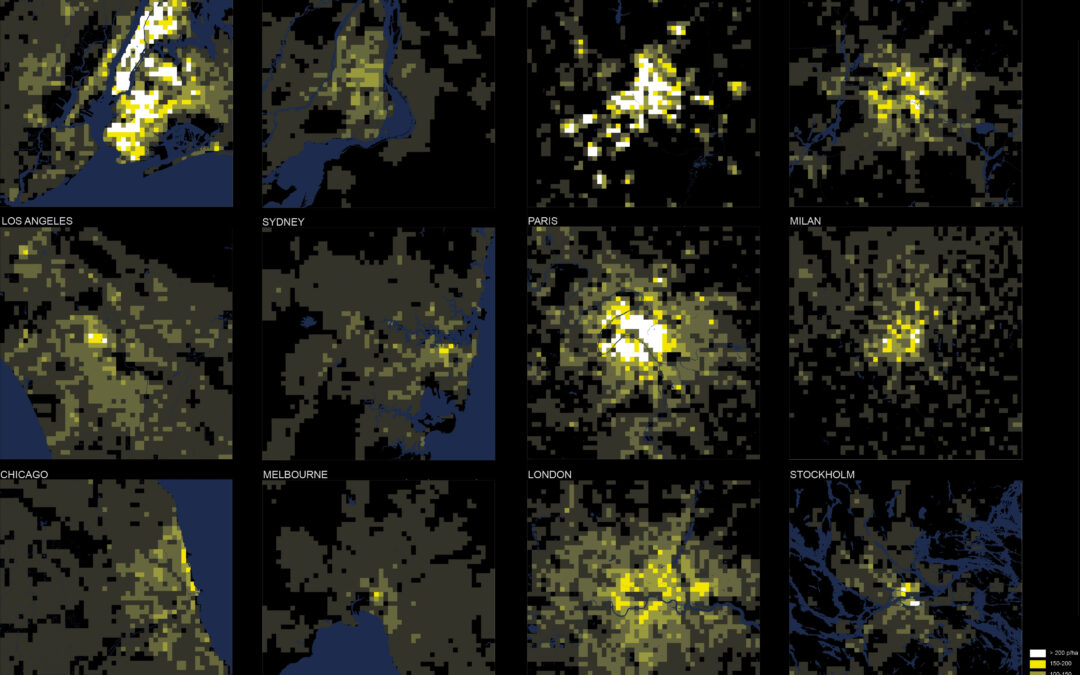
by Iliyah Maddox | Nov 1, 2024 | engineering and tech, physical sciences
Dimpled surfaces offer a useful and easily implementable way to reduce friction between lubricated surfaces as they slide over each other. Through cutting-edge simulations, Dr. Robert Tomkowski and colleagues at the KTH Royal Institute of Technology in Sweden explore how the microscale structures of surface dimples can be optimized to minimize friction. Their findings could help to reduce wear in mechanical systems, while also making them more energy efficient.

by Iliyah Maddox | Oct 25, 2024 | engineering and tech, physical sciences
As an inherently brittle material, concrete often needs to be replaced after just a few decades: driving a demand which incurs significant costs for Earth’s climate. Through their research, Professors Suzanne Scarlata and Nima Rahbar at Worcester Polytechnic Institute, Massachusetts, introduce a new mechanism that allows concrete to quickly repair itself, with the help of an enzyme vital to the function of living cells. This approach could help to reduce the world’s insatiable demand for concrete.

by Iliyah Maddox | Oct 24, 2024 | biology, engineering and tech
In the age of big data, and particularly in specialisations such as artificial intelligence, biology, and medicine, researchers often generate large and complex datasets that are challenging to analyse. This is particularly true for multi-view data, otherwise known as multimodal data, which are data that encompass multiple perspectives concerning a single entity or phenomenon. In the case of single-cell genomics, for instance, researchers can measure a huge range of different characteristics concerning an individual cell, such as RNA expression levels or protein levels. While multi-view datasets provide vast amounts of information, they are difficult to analyse because looking at each type of data within them provides only a small part of the overall picture. A new computational approach called Covering Point Set-merge analysis, or CPS-merge analysis for short, has been developed by Lixiang Zhang of Pennsylvania State University and colleagues, and it aims to assist researchers to merge the different types of data present in multi-view datasets into one coherent and meaningful set of results, without misrepresenting the individual contributions of each type of data.

by Iliyah Maddox | Oct 22, 2024 | engineering and tech
So far, approaches to mapping the density of cities have often been oversimplified, causing them to overlook many key aspects of everyday urban life. Through his research, Dr Elek Pafka at the University of Melbourne introduces two new metrics for measuring urban density, which better capture its complex, multi-scale variations. His research offers deeper insights into how people experience and interact with cities, and could lead to new strategies to make our cities more productive, sustainable, and better places to live.

by Iliyah Maddox | Oct 18, 2024 | engineering and tech, physical sciences
In principle, travelling wave reactors offer a safe, highly efficient approach to generating nuclear power. However, development has been held back by a variety of challenges linked to the need for extensively high burn-up in the reactor core, meaning very high rates of generated energy which can damage the reactor. Inspired by the principles of Tai-Chi, a team led by Di Yun from Xi’an Jiaotong University has shown that with the right approach, a high temperature operation, usually deemed as a threat, can be transformed into useful advantages, bringing the practical rollout of travelling wave reactors one step closer to reality.

by admin | Aug 22, 2024 | earth and environment, engineering and tech
The full extent of the labour and resources which go into creating a modern house is hidden deeply within the buildings we call home. Professor Mark Jarzombek of MIT and Professor Vikramaditya Prakash of the University of Washington are co-founders of the Office of Uncertainty Research, a research collaboration that is dedicated to rethinking architecture in a modern context. Through their research, Jarzombek and Prakash investigate these hidden stories by exploring the history of a recently built modern house in Seattle. Their findings reveal that the presumed transparency of modern architecture conceals deep ethical and environmental challenges, inspiring a call for a critical reassessment of how our current construction practices should be understood and approached.






